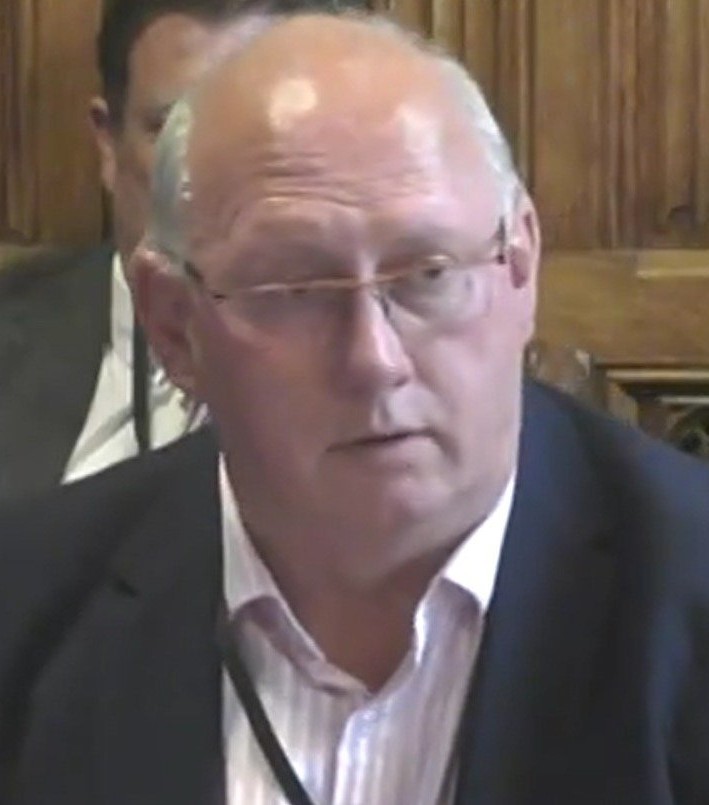The Department for Environment, Food and Rural Affairs (Defra) has reportedly suggested that SPS checks on EU fruit and vegetables be delayed until 1st July 2025.
Since the change of Government, FPC said it had been “consistently applying pressure” to understand the future of EU SPS checks for fruit and vegetables.
The Consortium wrote to Baroness Hayman of Ullock, Parliamentary Under-Secretary of State at Defra on 7th July 2024, asking for clarity on the review of ‘medium risk’ fruit and vegetable products and adoption of the Authorised Operator Scheme (AOS).
FPC also requested an extension for the easement on medium risk fruit and vegetables and AOS roll out to be aligned to 1st July 2025, which it said would allow industry and wider EU supply chains to “effectively prepare”.
In response to the lobbying, FPC reported that Defra would propose an extension on EU medium risk fruit and vegetable SPS checks, to be delayed until 1st July 2025, with a consultation to be launched shortly.
FPC highlighted that the consideration to defer the easement would be a “significant victory” if approved, and said it would continue to lobby Government on the “most appropriate action and timescales” to allow industry to prepare.

Nigel Jenney, FPC CEO, previously commented: “Whilst we welcome the ongoing easement proposed by the new Government. We remain deeply concerned the inherited border strategy is fundamentally unfit to meet the needs of a highly perishable, just in time sector. Without urgent change this approach knowingly imposes huge financial burden on our sector and ultimately hard-pressed consumers.
“FPC remains committed to ensuring the UK border Strategy maintains our biosecurity, in a cost-efficient manner, promoting international trade. However radical and urgent change is required to ensure the sector can feed and flower the nation, utilising the very best of domestic and international sources.”
Delays could “damage negotiating position” with EU
Professor Anand Menon, director of the UK In A Changing Europe think tank, told inews that while delaying the checks might help consumers, it could “damage ministers’ negotiating position with the EU”.
Menon told inews: “On the one hand, this spares us the potential of increased food prices and delays of imports of fresh food. On the other, as long as we haven’t implemented everything we should, it reduces the incentives for the European Union to negotiate any kind of amendments to the existing situation with us (i.e. a veterinary agreement).
“If the EU aren’t facing the full impact of checks, why would they sit down and negotiate? They’ve got a comparative advantage, they can export to us easier than we can export to them because they have already got all the checks in place.
“If the (UK) checks were in place, one of the things you could imagine is EU exporters putting pressure on their governments to do something about it.”









